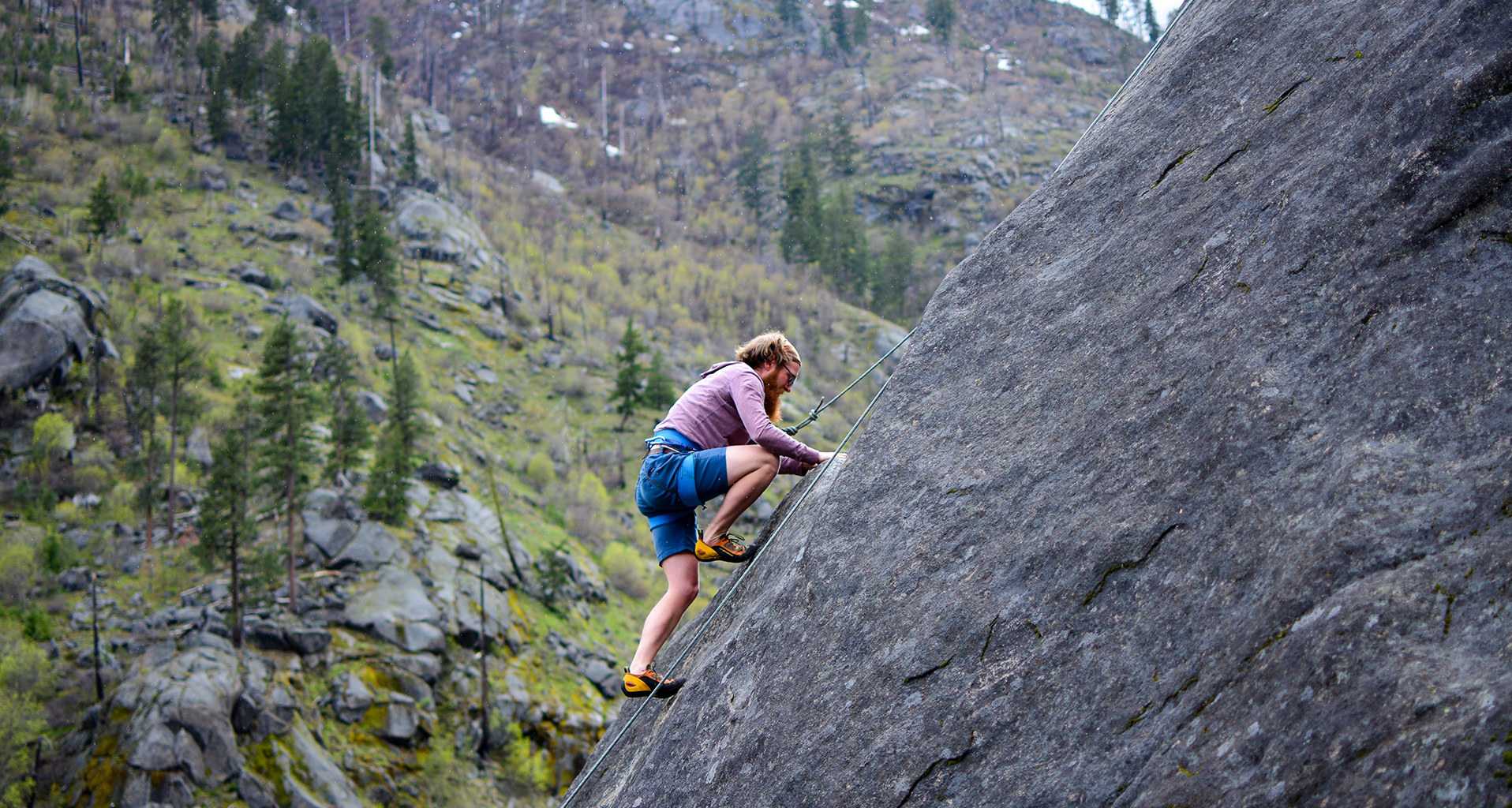4:30 AM. I open my eyes. Even though the sun hasn’t come up yet, the birds are singing outside. I climb out of bed and stretch. The bedroom feels uncomfortably cold. Most everybody I know is still fast asleep—tucked away in their warm beds. Twenty minutes later, I’m at my desk writing. Am I crazy? An insomniac? Maybe a crazed insomniac? Or am I something else?
For years I never thought about why I wanted to write—not consciously anyway, not thoughtfully. I had a vague idea, at best. But in goal setting “vague” doesn’t quite cut it.
I’ve since learned the importance of keeping my motivation aligned with creative energy. I’ve previously described inspiration and creativity as energy that flows not from us but through us. If our motivators are misaligned that flow of energy it will get blocked. So, the very things that we think are motivating us, could be getting in the way.
The vast majority of artists do not give nearly enough attention to the concept of motivation. Why do they do the things they do? Why do they paint, compose or write? What truly motivates them? Many artists undertake their creative endeavors without knowing what their true motivators are and then they wonder why they get blocked. For example, an artist might think she plies her craft because of a particular reason, when in reality the true motivator lies hidden, just beneath the surface. As such, she goes about her art never aware what is actually driving her. If those drivers (those motivations) happen to be blocking her creativity the art will suffer.
Does a writer write to tell stories? To make characters and world’s come to life on the page? Or does he do it in the hopes of becoming rich and famous? Perhaps she does it to gain the love and respect of her audience? Maybe he wants to please his parents? Maybe she fears that she can’t do anything else?
Whatever it is, it is important to take the time to figure out what is “actually” motivating you. Not what you “think” is motivating you.
This may not be easy. It involves getting to know yourself on a deeper, more spiritual level than you may be used to. This kind of “soul work” can often be painful, but the results can be extraordinary. Then will you have a better understanding if your motivators have been blocking your creativity or not.
So how can you tell if your motivation is helping or hindering you?
You may find it helpful to study the artists you aspire to. The creative geniuses who seem to possess an almost magical talent. Think about the best writers, musicians and visual artist alive today or those who have lived throughout history—those who create (or created) on a level that most of us can barely comprehend. For contemporary artists: listen to interviews, read bio’s. How do they view their creative processes, what do they think about the work and even themselves. For historical figures: read as much information as you can about them. I’m talking about artists like Michelangelo, Leonardo da Vinci, Shakespeare and Mozart.
As you examine these individuals explore what sets them apart. What makes them great? I believe you will find that they all possessed great motivation.
First and foremost the Greats are always motivated by the art, itself. They do it for no other reason. They follow their passion with a ridiculous determination. They’re completely involved and absorbed by the work they do—by the act of creation—because they love it.
Strangely, you’ll also find that they are not overly concerned about the outcome or the end product—at least not during the act of creation. The Greats stay in the moment completely. Hours might pass, yet the artist is totally unaware of the outside world. She is not concerned or is motivated by anything beyond the act of creation. He does what he does because he has to—period.
Nor do they do it for a reward. Whether that reward be the praise of others, money, or respect. They are not concerned with what their art might give them or what they might get out of it. They simply create to create.
The Greats are not motivated by what others might think about the work, either. They never allow the art to be influenced by the audience, or the morality of Society. The art drives itself. The art takes itself where it needs to go without worrying about the opinions of others.
As such, the great artists tend to go with the flow, with creative energy. Great artists allow this energy to flow through them—with as little interference as possible. That means they get themselves out of the way as much as possible. In a way they align themselves to the flow of this energy and they know the importance of being absolutely true to it.
To sum up—motivation could be misaligned if it is based on:
1) Fear and doubt.
2) A sense of reward or outcome.
3) The opinions of others.
4) Unclear goals.
Take some time to get to know yourself and what drives you. What gets you up in the morning? Why do you create? Then slowly bring those motivations closer in alignment with the only thing that matters—the art. Once your motivation is aligned with creative source you’ll be amazed at what you can do and how well you can do it.
Thanks for visiting.
To read more of my work please visit my blog or check out my book “My Happy Workplace.” Now free for download at Smashwords for a limited time.
If you have any questions or comments drop me a line at: troy_roache@hotmail.com. I love hearing from you.
